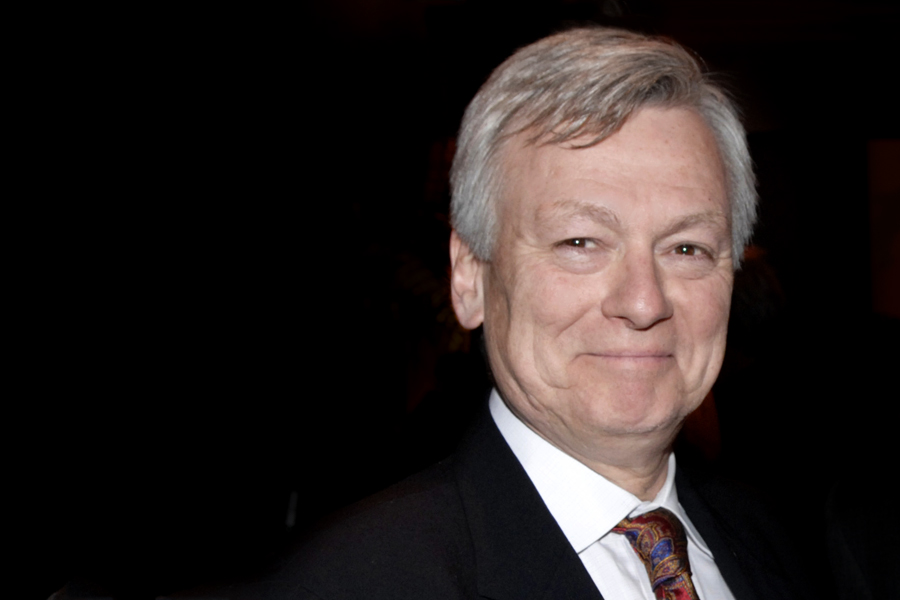Quebec politics: What's next?
April 10, 2014
Share
 Andre Juneau is a fellow at the Queen's Institute of Intergovernmental Relations.
Andre Juneau is a fellow at the Queen's Institute of Intergovernmental Relations.When Quebec Premier Pauline Marois called for a provincial election in March, the Parti Québécois (PQ) expected to gain a majority government and set the stage for a new referendum on independence from Canada.
Following the victory of the Quebec Liberal Party, Quebec can expect political stability, fewer social tensions and reduced talk of separation, says Andrew Juneau, a fellow at the Queen’s Institute of Intergovernmental Relations.
In an email exchange with Rosie Hales, Communications Officer, Mr. Juneau looks to the future of Quebec politics and how the PQ will recover.
Now that the elections are over, what does the Liberal victory mean for Quebec?
The election of a Liberal majority hopefully means political stability for a few years, and fewer social tensions if Premier elect Couillard is able to deliver on his promise to work collaboratively with the other parties. It means talk of separation will be on the backburner. It means a more balanced approach to economic growth, although results here are another matter.
What do you think is the biggest challenge ahead for the Quebec Liberals?
The biggest challenge will be to deliver on their economic agenda while keeping in mind that the debt load is still high. The Liberals need to understand that no province, or even a country like Canada for that matter, can control all the forces that affect the international economy.
After losing the election, what are the next steps for the PQ?
The PQ, when it recovers from the shock of April 8, will have an internal debate about where to go from their loss and will have to figure out how that plays out in a leadership race. The debate is likely to be brutal with some arguing that in order to achieve the ultimate purpose of the PQ, they actually have to promote it vigorously. Some PQ members may indicate that they need to read the writing on the wall and accept that sovereignty is not in the cards for now. If this mentality is accepted, then what kind of party does the PQ become? A social-democratic one pushing for as much autonomy as possible? That’s not a scenario Pierre Karl Péladeau, a rising star within the party, is likely to accept.
Some PQ members may indicate that they need to read the writing on the wall and accept that sovereignty is not in the cards for now. If this mentality is accepted, then what kind of party does the PQ become?
Some Liberals have suggested that this week’s election signals a generational change in Quebec, where younger voters focus on economic matters over the sovereigntist aspiration of the older generation. Do you think this is true? What does this change in leadership signal about Quebec’s voters?
Polls do suggest that younger voters are less likely to support sovereignty than older voters. My interpretation is that the Charter of the French Language, or Law 101, has a lot to with this. Members of older generations were angered by the dominance of English in Montreal in particular. This is no longer a major issue. Young people in Quebec are much more interested in seeing the world and working abroad than before. In many ways, this is not such a big change in leadership since the Liberals have been in office since 2003 with an 18-month break. I also think that Quebec voters in general have pretty much the same concerns as other Canadians: health, education and the economy.
Quebecers are enduring a 7.6 per cent unemployment rate, and public finances have a projected deficit of $2.5 billion this year. What part can the Liberals play in helping Quebec’s economy recover?
First, a number of the new Liberal members of the National Assembly have strong economic policy credentials with an interesting mix of public and private sector experience. Second, the government will be able to focus on economic issues without being distracted by other goals (other than getting re-elected, of course). Business leaders are looking forward to working with the new government. The union movement is less enthusiastic and there will have to be major efforts to create the positive social atmosphere that is so important to economic progress.